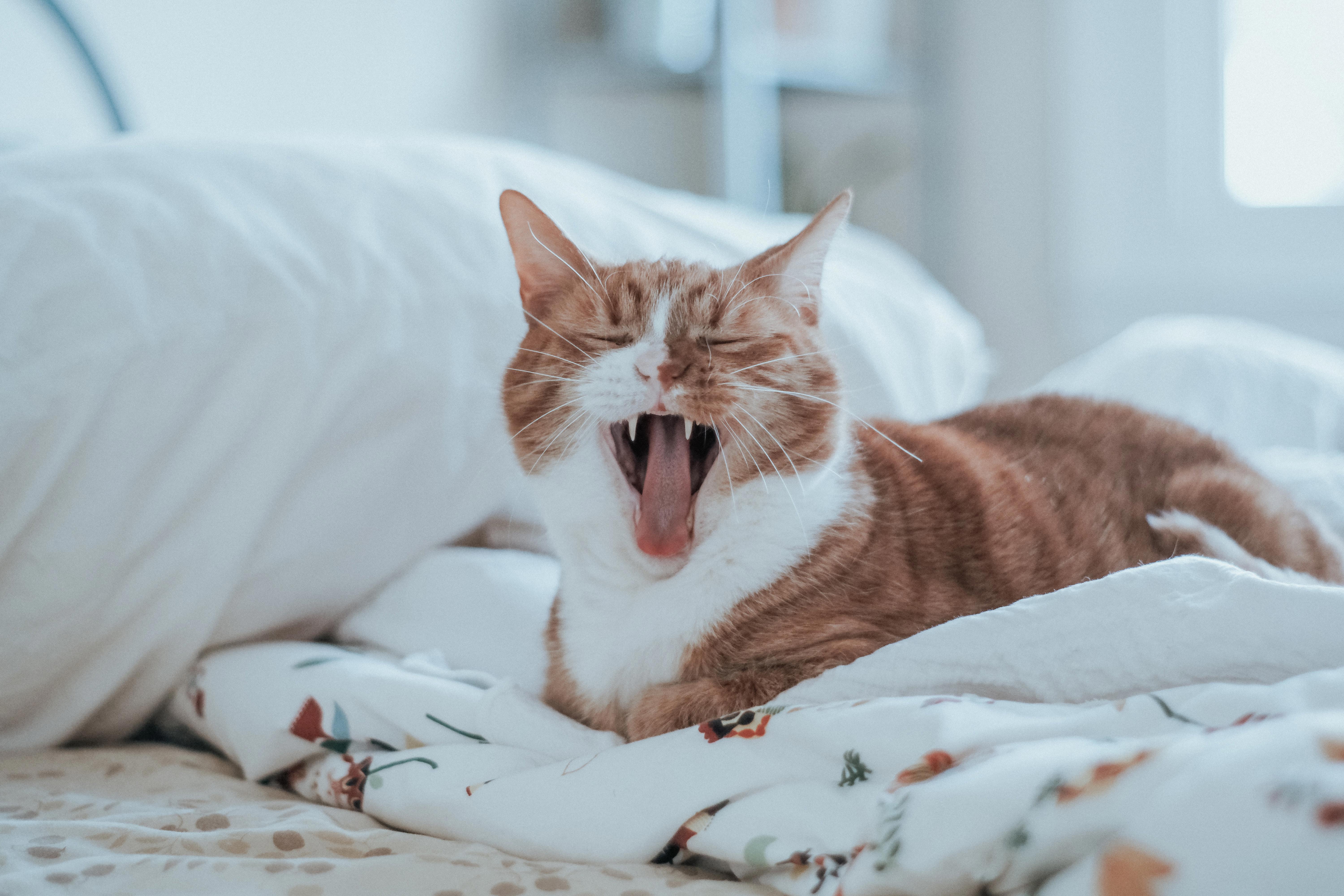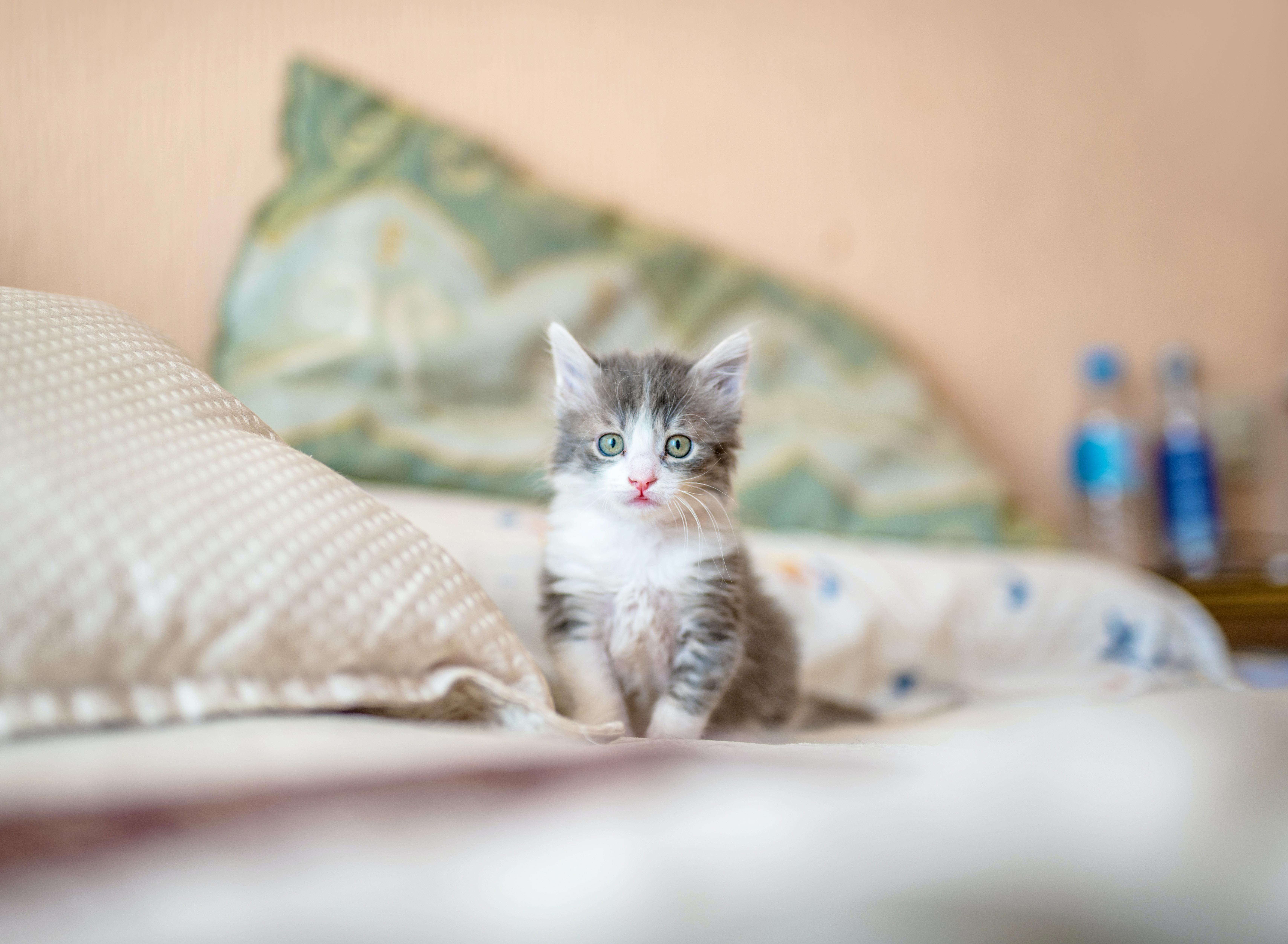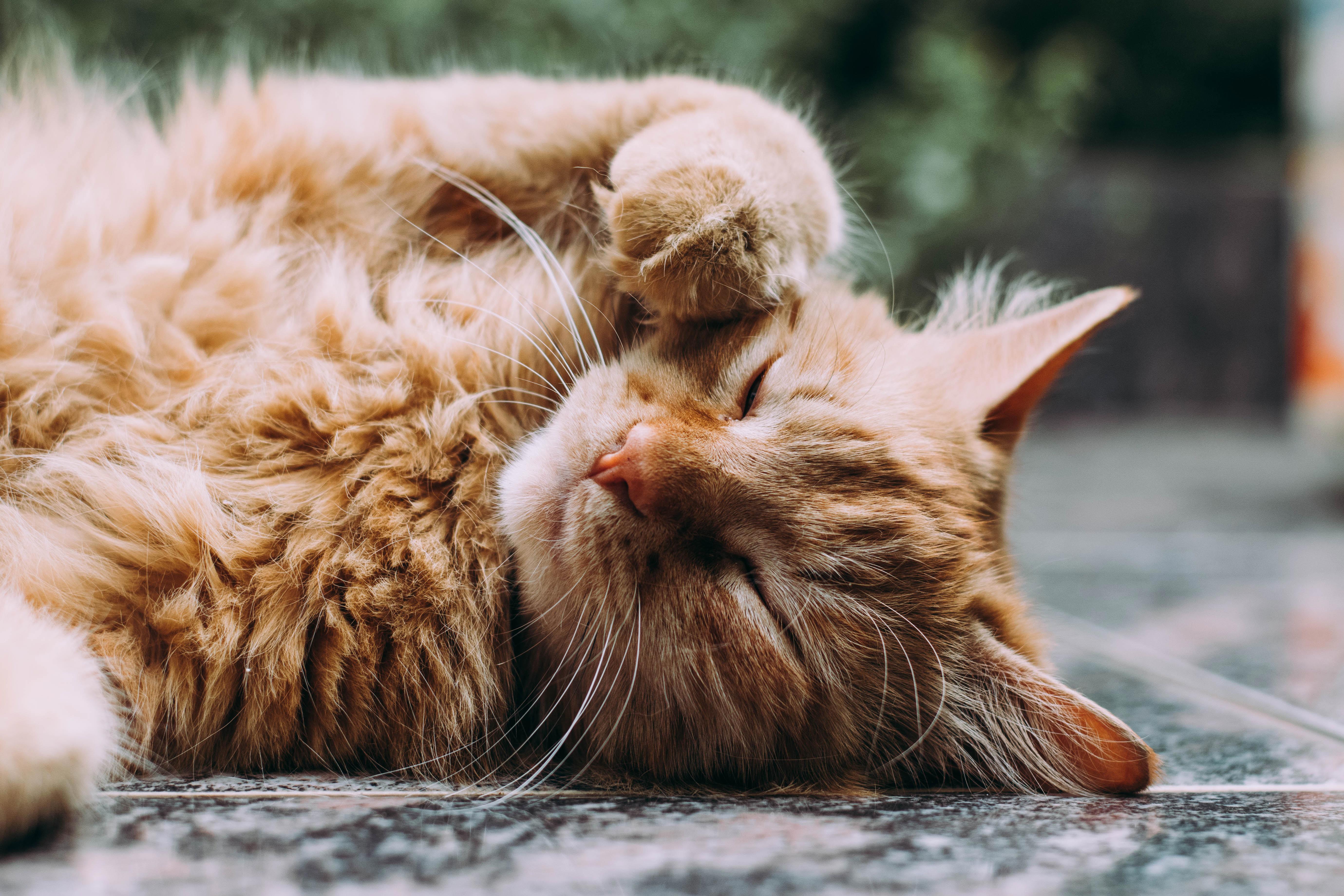Cats are known for their aloof behavior and independent nature, but they can also experience stress just like humans. As pet owners, it’s important to be aware of the signs of stress in our feline friends, as it can have a significant impact on their health and well-being. While some signs may be obvious, such as excessive meowing or aggression, others may be more subtle and easily overlooked. In this post, we’ll explore 10 subtle signs of stress in cats and provide tips on how to identify and address them to ensure your furry friend is happy and healthy.
Cats are known for their independent nature and are often deemed as low maintenance pets. However, just like humans, cats can suffer from stress, which can lead to a variety of health problems if left unaddressed. As a cat owner, it is important to be able to identify the subtle signs of stress and take appropriate measures to help your feline friend feel more relaxed and comfortable.
- Changes in appetite
One of the first signs of stress in cats is a change in their eating habits. Some cats may stop eating altogether, while others may overeat. Keep an eye on your cat’s eating habits and take note of any changes. -
Hiding or avoiding interaction
Cats are known for their love of hiding, but if your cat is hiding more than usual or avoiding interaction with you, it may be a sign of stress. Make sure your cat has a safe and comfortable space to retreat to when they need some alone time. -
Aggression
Stressed cats may become more aggressive towards other animals or even humans. If your cat is displaying aggressive behavior, it’s important to identify the root cause of their stress and address it as soon as possible. -
Excessive grooming
While cats are known for their grooming habits, excessive licking or grooming can be a sign of stress. This behavior can lead to hair loss and skin irritation, so it’s important to identify and address the underlying cause of the stress. -
Vocalization
Cats may become more vocal when they are stressed, either meowing more frequently or making unusual noises. This can be a sign that they are feeling anxious or uncomfortable.

- Changes in sleeping habits
Stressed cats may either sleep more than usual or have trouble sleeping. Keep an eye on your cat’s sleeping habits and take note of any changes. -
Litter box issues
If your cat is experiencing stress, they may start urinating or defecating outside of the litter box. This can be a sign of a medical issue, so it’s important to take your cat to the vet to rule out any underlying health problems. -
Destructive behavior
Cats may become more destructive when they are stressed, scratching furniture or chewing on cords. Make sure your cat has plenty of appropriate outlets for their energy, such as scratching posts and toys. -
Changes in body language
Stressed cats may display changes in their body language, such as flattened ears or a puffed-up tail. These subtle cues can indicate that your cat is feeling anxious or uncomfortable. -
Health issues
Chronic stress can lead to a variety of health problems in cats, including digestive issues, skin problems, and a weakened immune system. If you suspect that your cat is experiencing stress, it’s important to take them to the vet to rule out any underlying health problems.
In order to address your cat’s stress, it’s important to identify the underlying cause. Common causes of stress in cats include changes in routine, new pets or people in the home, and loud noises or other environmental factors. To help your cat feel more relaxed and comfortable, provide plenty of enrichment activities, such as puzzle toys and window perches. You may also consider using pheromone sprays or diffusers to help your cat feel more at ease.
In conclusion, identifying the subtle signs of stress in your cat is crucial for maintaining their health and well-being. By taking appropriate measures to address your cat’s stress, you can help them feel more relaxed and comfortable in their environment.
In conclusion, it is essential to understand that cats can experience stress just like humans, and it’s crucial to be aware of the signs. By keeping an eye out for the subtle signs of stress in your cat, you can help them live a happier, healthier life. Remember, a cat that is stressed may exhibit changes in behavior or health, so always keep an eye on their behavior and consult with a veterinarian if you notice any significant changes. By taking care of your cat’s physical and emotional needs, you can ensure they live a stress-free and fulfilling life with you.
Please follow us on Social Media







